For over a century, LGBTQ+ performers have made audiences laugh while pushing boundaries and advancing social progress. Outstanding: A Comedy Revolution shines a light on this important history, telling the story of pioneers who paved the way for openly queer comedians today.
The documentary follows a momentous 2022 reunion show bringing together icons like Wanda Sykes, Margaret Cho, and Lily Tomlin with newcomers at the famed Greek Theatre in LA. Through interviews and clips, we learn what it took for these talented individuals to find success despite facing adversity. While acceptance has grown, prejudice has caused many to maintain “double lives” or stay closeted for fear of backlash.
Backdrops of political unrest, like the Lavender Scare targeting gays after WWII or the AIDS crisis, reverberate as comedians recall turbulent eras. Even icons faced career threats if they revealed their true selves. The documentary gives voice to valiant veterans who persevered, honoring their role in shifting attitudes through forthright and funny performances over time. As one comedian observes, their craft allows seeing other perspectives—and perhaps understanding fears behind prejudice.
Outstanding shines a light on comedy’s power to educate and its potential to overcome biases, celebrating those who challenged norms and opened doors for future generations with their pioneering work.
Breaking Boundaries: Queer Comedy’s History of Pioneers and Pushback
Queer entertainers have long used humor as a means to connect with audiences and push social boundaries, though their journey faced many obstacles. Outstanding provides a look back at the pioneers who helped queer comedy evolve over decades from subtext to mainstream representation.
In the early 1900s, vaudeville traditions like female impersonation and drag acts laid a foundation for queer visibility in entertainment. However, cultural shifts restricted this in the following decades. The post-WWII Lavender Scare targeted gays in government and media, leaving many closed. Comics like Charles Nelson Reilly found ways to hint at their identities while maintaining careers.
The free-spirited 1970s brought new opportunities but also setbacks. Icons like Lily Tomlin tested boundaries with gender-bending characters like Ernestine. Others like Paul Lynde and Charles Nelson Reilly openly thrived in aspects of life though stayed closeted professionally. Coming of age in this era was tricky—some found ways to hint between the lines while staying publicly private about their sexuality.
The 1980s crisis shifted attitudes dramatically in the wrong direction. The AIDS pandemic made the queer community a subject of panic, not empathy. Beloved stars succumbed to the disease in silence as callous comedians capitalized on anti-gay jokes. Icons like Sandy Bernstein faced threats if they revealed their true selves. This period dealt the representation movement a heavy blow just as it started to gain momentum.
The film vividly shows how constant external challenges followed any steps toward openness. Through it all, pioneering queer comics carried on, finding success on their own terms. Their contributions helped normalize queer lives and bring more diversity to the comedy stage. While further progress remains, these trailblazers laid the groundwork for today’s more accepting landscape.
Queer Comedy Trailblazers
Outstanding shares the journey of several pioneering queer comedians who faced significant barriers but helped increase LGBTQ+ visibility through their art. Their stories illustrate the courage it took to follow their passions.
A trailblazer profiled is Robin Tyler. She recalls coming out publicly in 1958 at just 16 years old, truly ahead of her time. Later trying comedy, Tyler dared to mock anti-gay activist Anita Bryant on TV in the 1970s, but it ended her career. Yet she refused to stay silent and became a tireless activist instead.
Also featured is Lily Tomlin, who tested boundaries through characters like Ernestine in the 70s. She turned down a Time cover that wanted to out her, believing the climate wasn’t right. Tomlin knew the power of humor to address serious issues in a digestible way.
Rosie O’Donnell shares how she privately supported closeted friend Ellen DeGeneres before her character came out. Later, seeing Mae Martin, Rosie feels pride that representation helps youth stay alive and thriving.
Wanda Sykes notes the lack of openness in her early days. Even as her star rose, Sykes felt safest keeping her identity separate from her work for a time.
Sandra Bernhard also stayed closeted professionally in her early years despite being publicly out, aware a single wrong move could destroy her livelihood. Progress takes small steps forward and giant leaps back.
Their candor about challenges faced offers insight. While prejudice once reigned, these trailblazers persevered and gradually changed minds through their talent and humor. Their stories show that living openly as one’s true self, even in difficult times, creates light for those walking behind.
Facing Fear to Live Authentically
Outstanding shares difficult stories of queer comedians who, despite tremendous talent, felt compelled to hide their true selves from the world. For many earlier pioneers, even hints of one’s sexuality could ruin a career. Their courage challenges us to understand the lives and hardships that made pride today possible.
Comedian Todd Glass reflects on a frightening health scare. As he struggled to breathe on the phone with a friend, Glass could not utter the word “boyfriend” out of fear someone might learn of his sexuality. The phobia of being out nearly cost him in his final moments.
Other veterans recall the suffocating pressure of its time. Rosie O’Donnell notes how she and Ellen DeGeneres, both privately queer, felt safest keeping their identities separate from work. Publicly speaking one’s truth was a massive risk few dared take.
Their candor leaves us troubled that comedy, an art of free expression, once intimidated queer artists to censor joy and love from performances. Behind smiles lay lonely struggles of silenced souls afraid to show full humanity to the world.
Though prejudice persists, progress allows many today to live beyond such oppressions. Younger comics express gratitude for those trailblazers who challenged intolerable norms, paving a way for truth and pride at last. Their resilience ensures future generations experience life and life’s loves without fear of social cost.
Outstanding spotlights the solemn price paid so all might someday feel secure to love in the open air. In honoring those heroes, may we redouble support for any still denied belonging and take further strides toward a society of full acceptance for all.
Shining Light on Comedy’s Blind Spots
Outstanding isn’t afraid to scrutinize where queer representation went wrong in comedy’s history. It calls out mainstream acts who rose to fame peddling harmful stereotypes and panic about LGBTQ+ communities.
We learn how influential comedians in the 1980s like Eddie Murphy and Andrew Dice Clay stirred crowds with demeaning jokes targeting gays during the darkest days of the AIDS crisis. Meanwhile, beloved queer artists succumbed to the disease in the shadows. The documentary wonders how peers could trivialize such immense suffering for profit or praise.
Even now, representation remains a work in progress. It critiques mainstream sensations, giving platforms to rhetoric that marginalizes trans folk instead of laughter that brings people together. While creative freedom exists, some content clearly undermines progress by making oppression palatable.
The film gives equal airtime to lesser-known voices too, empowering them to rebuke humor that strips away dignity or safety. They remind us how far society and its stars still have to go in understanding varied minority experiences as full and complex.
By probing both past and present blind spots with empathy, Outstanding sparks thoughtful conversations about comedy’s role in challenging prejudice or upholding the status quo. Its willingness to scrutinize even revered figures models construction over complacency and shows how shining light on uncomfortable truths can move society closer to justice and care for all.
Celebrating a Century of Comedy and Community
Outstanding derives its name and purpose from a momentous 2022 reunion. There, over two decades after their groundbreaking Netflix special, icons like Lily Tomlin and Wanda Sykes joined rising stars for a historic night at the Greek Theatre in LA.
This event inspired the documentary by showing how representation has evolved from subtext to mainstage celebration. Director Page Hurwitz saw an opportunity to provide much-deserved historical context for the strides humor helped the LGBTQ+ rights movement achieve.
We learn how pioneers like Robin Tyler and communities like the Asbury Park music scene nurtured talents who challenged what audiences found acceptable. Their boundary pushing opened pathways for fuller visibility and acceptance and inspired future generations to bring more of their authentic selves to their art.
By highlighting the challenges the subject itself once faced, the film pays moving tribute to trailblazers who stayed true to themselves despite personal cost. It reminds viewers of how laughter and community can empower change by bringing people together around shared humanity.
Most importantly, it celebrates how progress creates environments where talents may freely flourish and find support from those who come after, as we witnessed together that joyous night under the Greek stars.
Liberation Through Laughter
Outstanding fittingly concludes by emphasizing comedy’s power to educate and uplift and its central role in the LGBTQ+ community’s hard-won progress. This behind-the-scenes history brings overlooked pioneers long-due recognition for blazing trails through humor.
Their creative boldness in twisting expectations and pushing boundaries helped shift perceptions at their own expense at times. Through adversity, humor proved the most effective weapon to normalize queer lives and advocate for fair treatment. As society’s willingness to listen grew, so did representation on stages and screens.
Younger viewers may find inspiration in how past underdogs shaped their world. Though far from achieving full equality, their descendants enjoy liberties that dreamers could scarcely imagine. And as hatred rears its head again today, their resilience shows the way—that no threat can crush a movement fueled by laughter, love, and unwavering commitment to justice.
In sharing untold stories of hardship surmounted through laughter, Outstanding breathes life into lives that paved the way. Its tribute ensures the contributions of these heroes live on to empower and relieve future generations in turn. Their legacy demonstrates humor’s gift to challenge oppression and bring people together in celebration of our shared humanity.
The Review
Outstanding: A Comedy Revolution
Outstanding: A Comedy Revolution offers an entertaining and enlightening look at the pioneering LGBTQ+ comedians who helped normalize queer lives through memorable acts of bravery and humor. Director Page Hurwitz deftly balances celebration with sober reflection on the challenges these trailblazers overcame. Hearing comic greats recount their struggles and triumphs brings over a century of social progress vibrantly to life. While not without flaws, this documentary powerfully demonstrates humor's potential to educate, uplift, and challenge prejudice.
PROS
- Illuminating Interviews and Archival Clips Shed Light on Overlooked Pioneers
- Sharp Social Commentary Draws Parallels Between Past and Present Prejudices
- Humorous and Heartfelt Tone Honors trailblazers While Informing New Generations
CONS
- Lacks Diversity in Representing the Full Spectrum of Queer Identities
- Occasional Tangents Detract from Tight Narrative Focus on Iconic Subjects
- Glosses Over Internal Community Divisions and Self-Censorship









































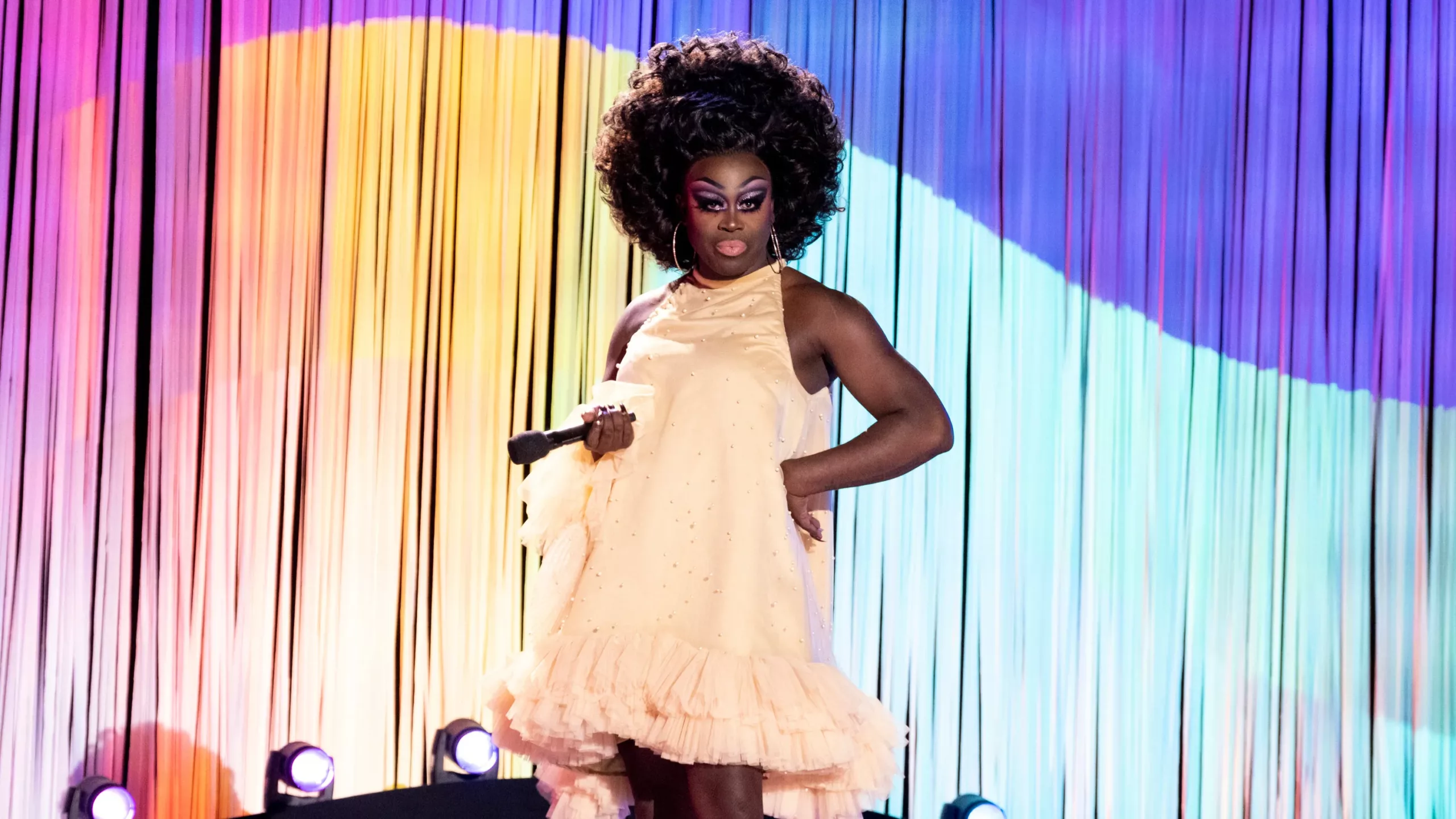
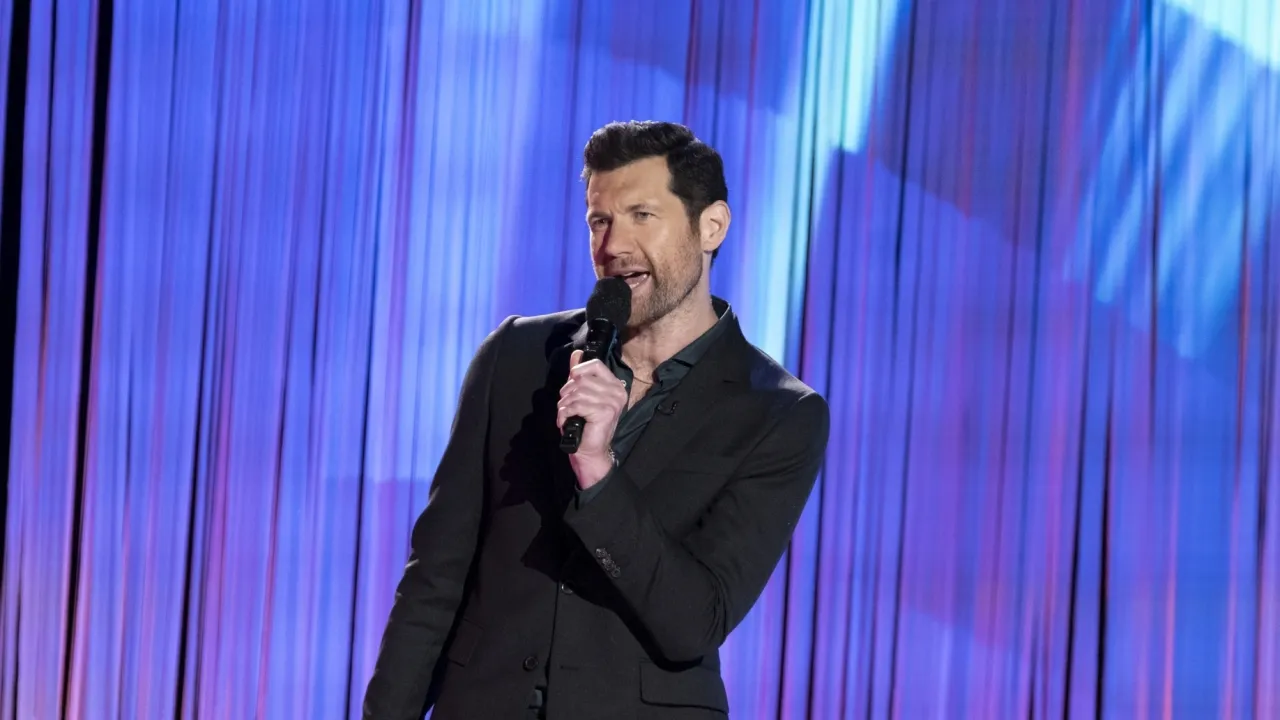
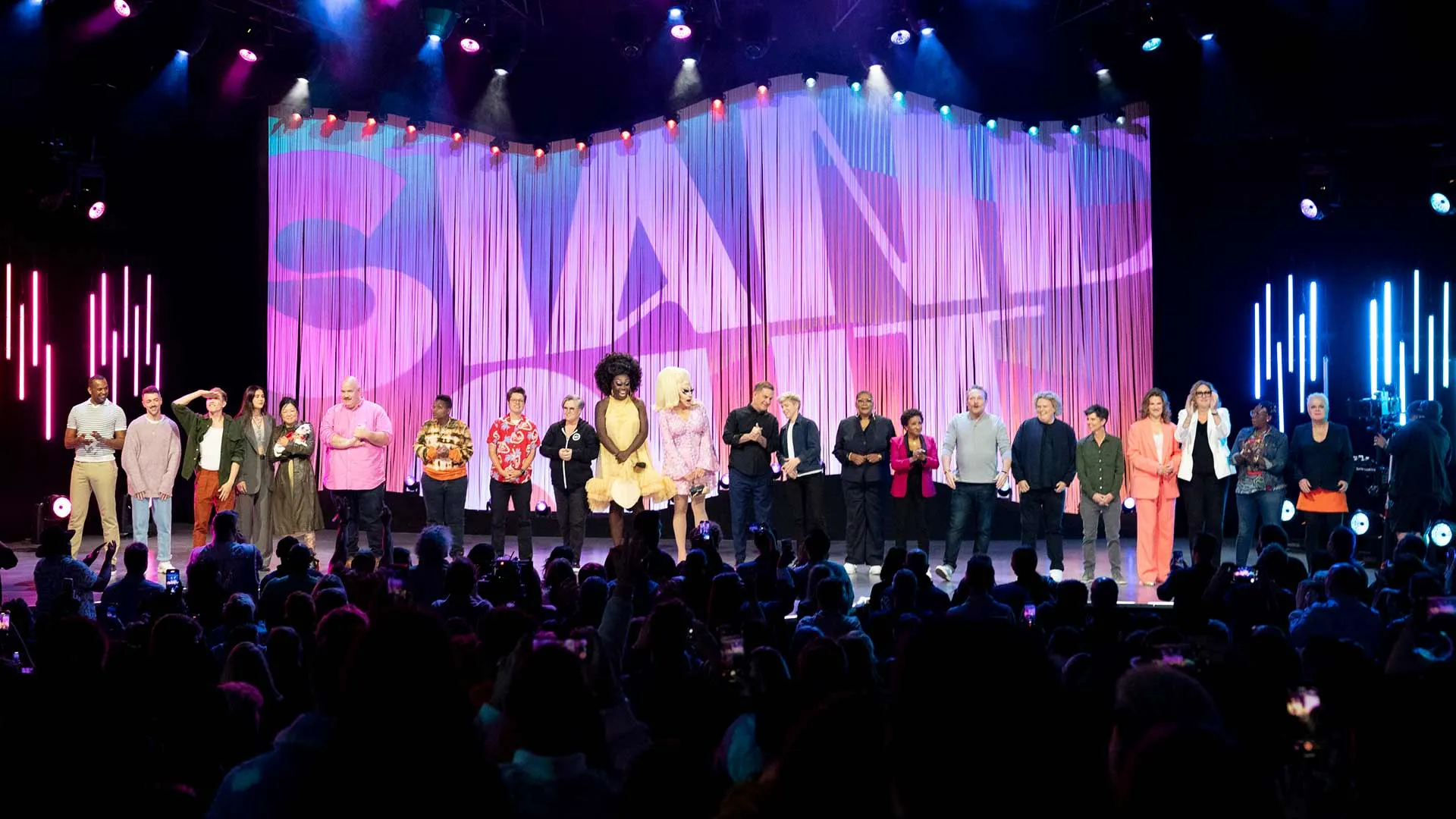
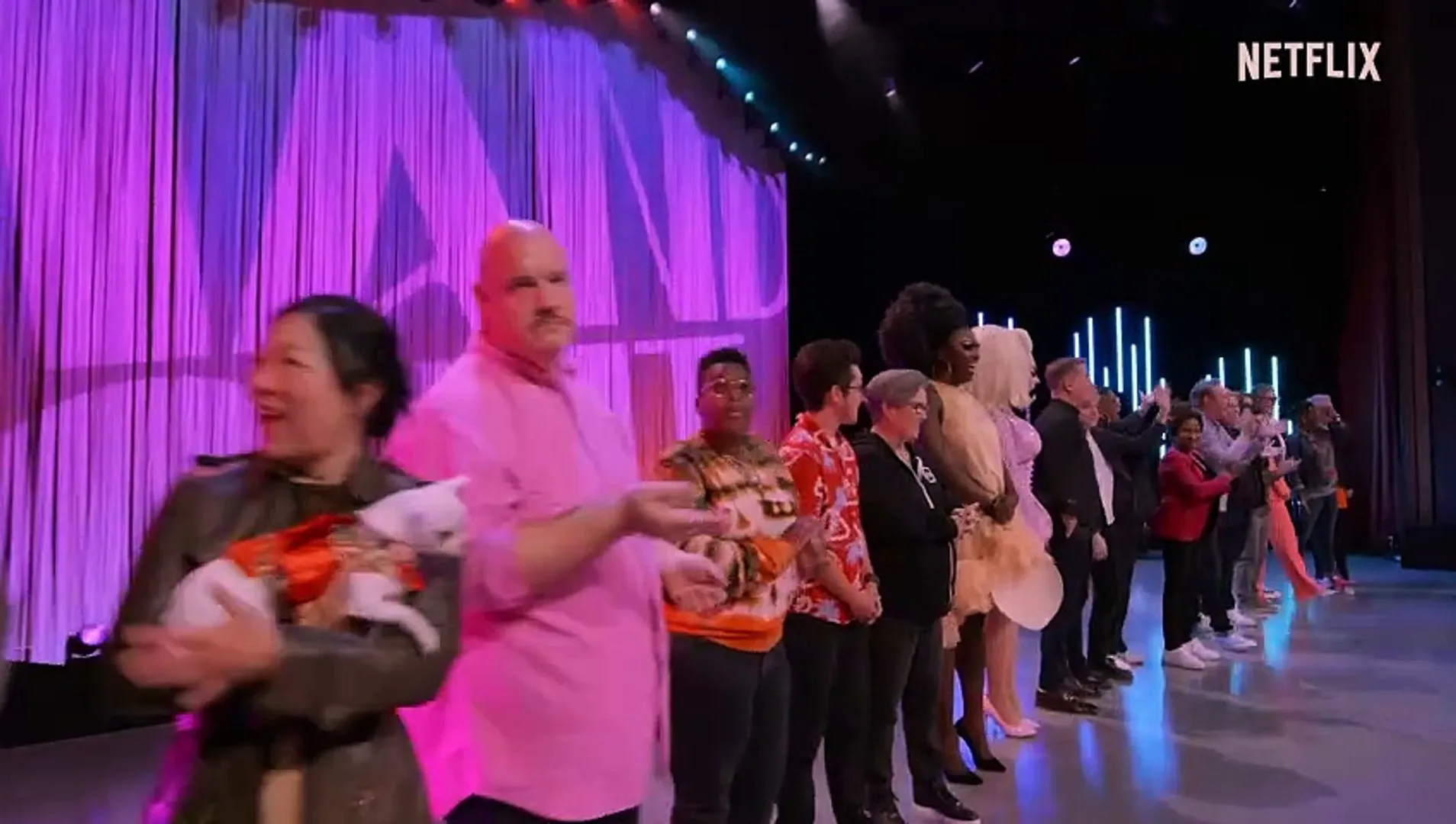
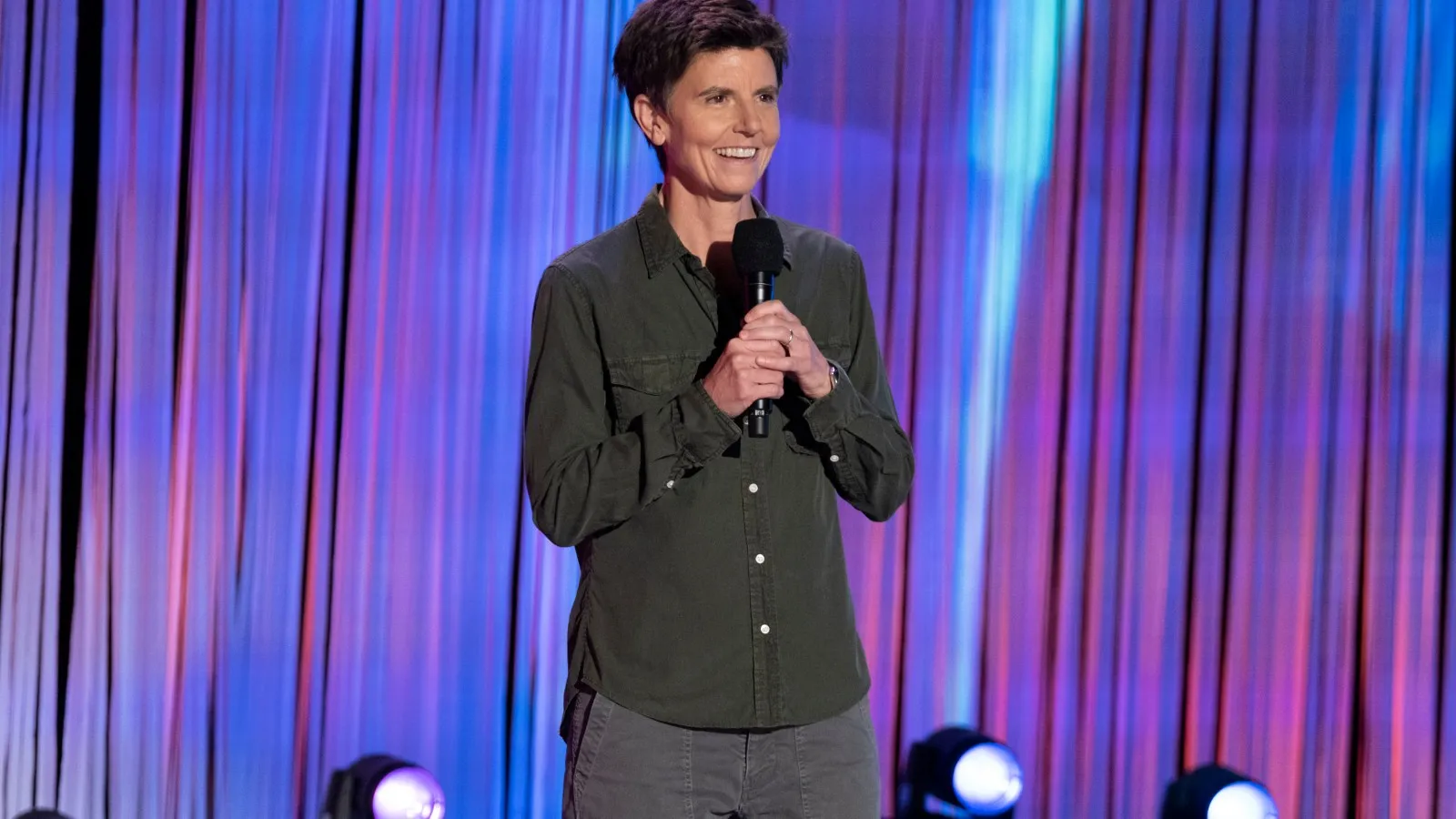








Discussion about this post